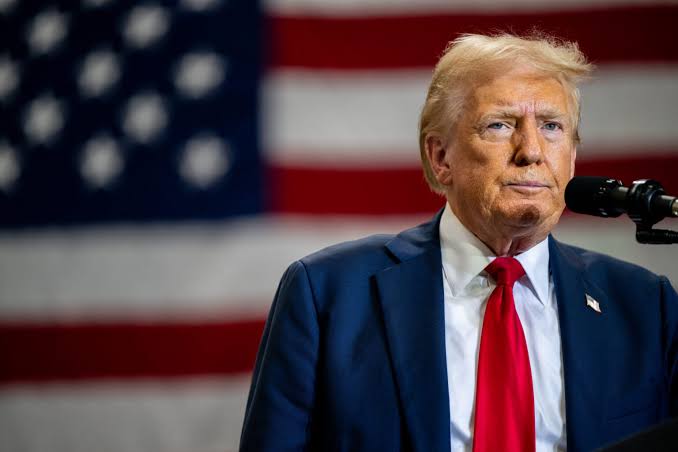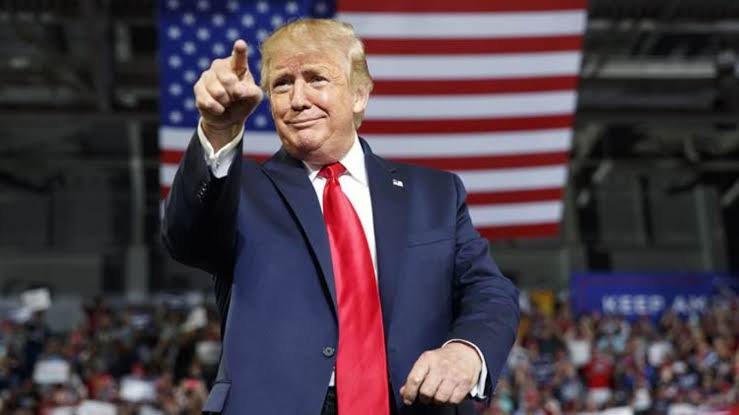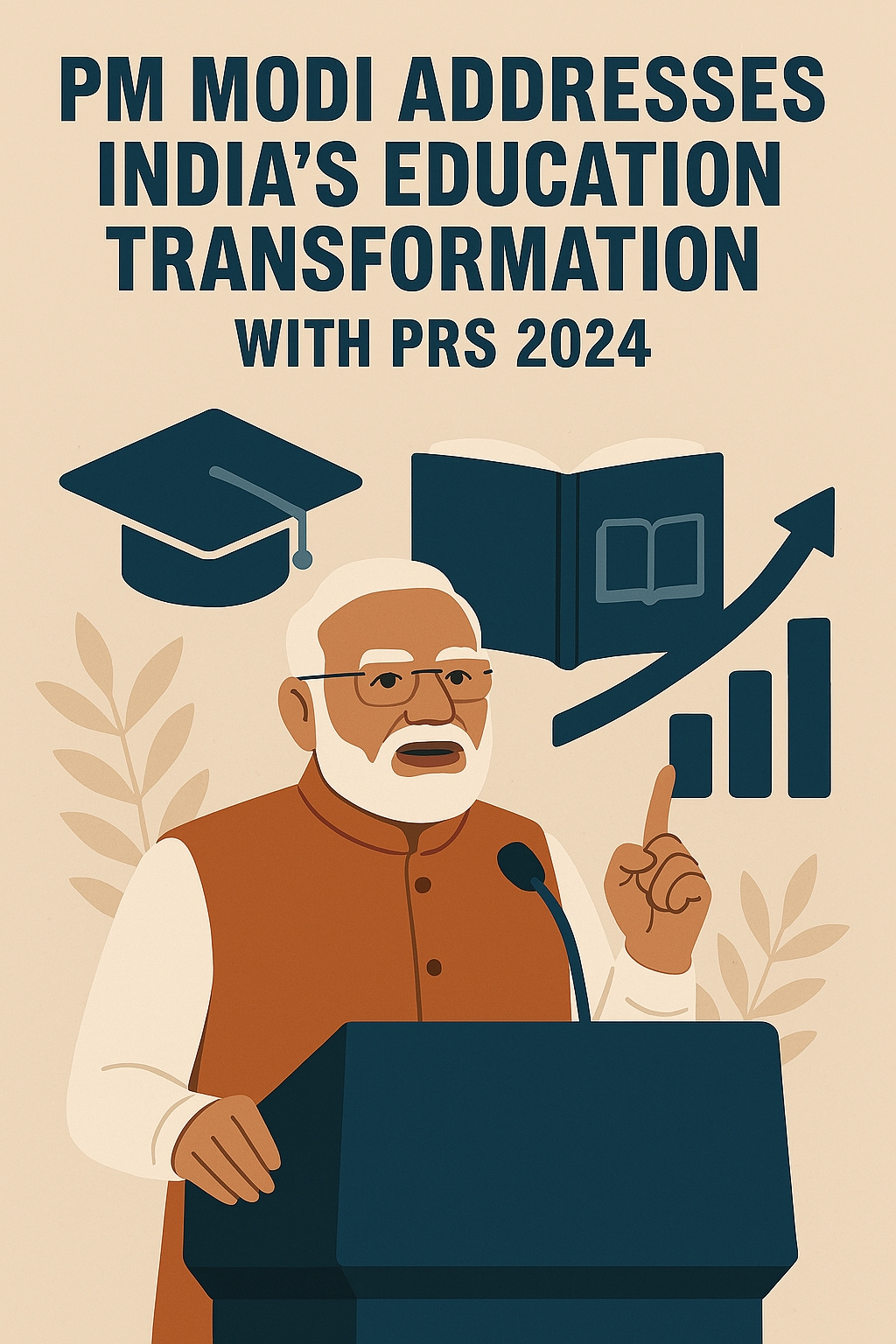Former US President Donald Trump’s announcement of a 25% tariff on all steel and aluminum imports has triggered concerns in India over potential dumping and economic fallout. While India is not a major steel exporter to the US, past experiences suggest that such trade barriers can set off a chain reaction of protectionist measures worldwide, ultimately harming Indian exports. A similar move during Trump’s previous tenure led to increased restrictions on Chinese steel exports to the US, prompting China to divert its surplus steel to other markets, including India and the European Union.
 India’s steel imports have already been on the rise, reaching 5.51 million tonnes between April and September 2024, a significant jump from 3.66 million tonnes during the same period the previous year. Imports from China, in particular, surged to 1.85 million tonnes from 1.02 million tonnes. With Trump’s latest tariff announcement, experts fear that an influx of low-cost Chinese steel could flood the Indian market, posing challenges to domestic manufacturers. To counter such a scenario, India’s steel ministry had previously proposed a 25% safeguard duty on certain steel products. However, whether such measures will be implemented remains uncertain.
India’s steel imports have already been on the rise, reaching 5.51 million tonnes between April and September 2024, a significant jump from 3.66 million tonnes during the same period the previous year. Imports from China, in particular, surged to 1.85 million tonnes from 1.02 million tonnes. With Trump’s latest tariff announcement, experts fear that an influx of low-cost Chinese steel could flood the Indian market, posing challenges to domestic manufacturers. To counter such a scenario, India’s steel ministry had previously proposed a 25% safeguard duty on certain steel products. However, whether such measures will be implemented remains uncertain.
Trump has indicated that the tariffs will take effect almost immediately and will apply universally, including to US allies. The move is expected to shake up global trade dynamics, with countries likely to retaliate with their own tariffs. Canada, Brazil, and Mexico are among the largest suppliers of steel to the US, while Canada dominates aluminum exports, accounting for nearly 79% of US imports.
For India, the impact will not be direct but could manifest in secondary effects, such as restricted access to key export markets if other countries follow suit with their own protectionist measures. The European Union, in particular, had previously imposed limits on steel imports in response to Trump-era tariffs, which negatively impacted Indian steel exports to Europe. Similar trends could emerge again, leaving Indian steel producers in a vulnerable position.
With trade policies increasingly becoming a tool for political leverage, Indian policymakers will need to assess their response carefully. While calls for safeguarding domestic industry are growing, balancing protectionist measures with long-term trade relationships will be crucial to navigating the evolving global economic landscape.




